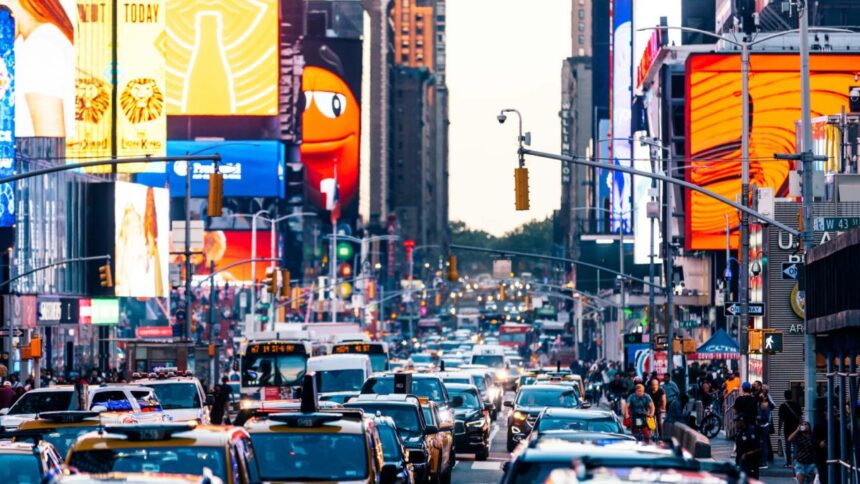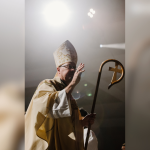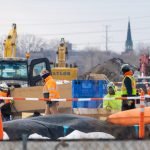The MTA held a press conference Monday afternoon, days after lawmakers ended the legislative session without plugging the funding gap caused by Gov. Kathy Hochul’s abrupt pause of congestion pricing.
MTA Chairman and CEO Janno Lieber is expected to speak from Manhattan at 4 p.m. It wasn’t immediately clear what he planned to address.
The legislative failure to act leaves a billion-dollar-a-year hole in his transit agency’s budget and further questions about how New York plans to pay for long-awaited updates to the subway system.
The lack of funding “has serious implications” for the MTA Capital Program, leadership warned late Friday.
“Until there is a commitment for funding the balance of the 2020-2024 Capital Program, the MTA will need to reorganize the Program to prioritize the most basic and urgent needs,” MTA Chief Financial Officer Kevin Willens and MTA General Counsel Paige Graves said in a joint statement.
That means improvement projects like electric buses, accessible subway stations and new signals will likely be put on hold, they added.
“New York State law places an obligation on MTA to implement a congestion pricing program, and the agency stands ready to do so. But under applicable federal law and regulation, the MTA cannot act until the Central Business District Tolling Program is approved by New York State, New York City and the federal government – and with the announcement of the pause, we no longer have the State’s consent,” the MTA leaders explained in their statement.
Hochul says she is concerned every day New Yorkers couldn’t afford the cost in the current economic climate, insisting now is not the right time for congestion pricing. She stressed her pause was simply that — a pause, not a cancellation.
She didn’t say when that pause might lift.
Plenty of critics accused the governor of postponing the fee because of the upcoming election. She acknowledges the criticism and simply says that is not the case.
While congestion pricing going on hold is good news for drivers, what will also be on hold will be the dozens of improvement projects for things like new signals, track repairs and even Phase 2 of the Second Avenue Subway line. NBC New York’s Melissa Colorado reports.











